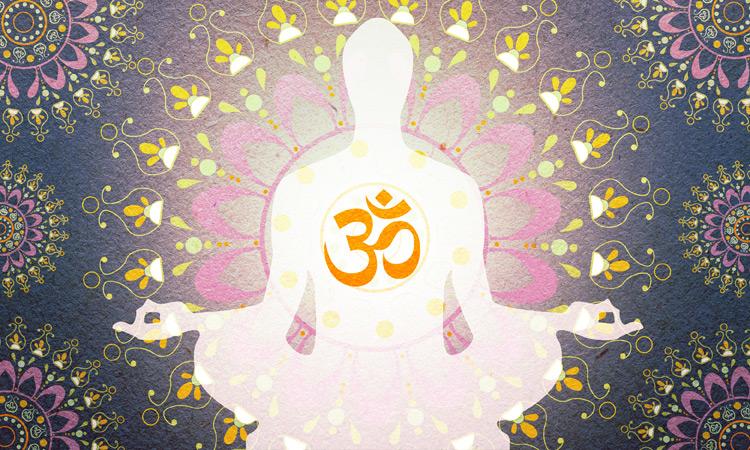 When I first started to meditate, I didn’t realize why I was doing it or what I was gaining from it. The thought of sitting still for an hour or hours was not even remotely appealing. I couldn’t entertain the thought of sitting still for one minute let alone an hour.
When I first started to meditate, I didn’t realize why I was doing it or what I was gaining from it. The thought of sitting still for an hour or hours was not even remotely appealing. I couldn’t entertain the thought of sitting still for one minute let alone an hour.
Most of us think meditation is having to sit erect, cross-legged or in lotus pose, our derriere getting cold from sitting on a hard surface, our backs aching from sitting in this position, erect, unmovable, for hours on end. So of course when we picture that who would want to meditate? I didn’t and it kept me away from meditation for a long time.
I first learned to meditate in my yoga class, where we started with some basic mediation and chanting. It wasn’t long before I looked forward to this ritual of mantras and breath work.
When I first met the Dalai Lama I gained a deeper understanding of meditation. He explained that unlike monks who live in caves (or on a mountain or in a remote village), we don’t need a devotional practice or create an altar or spiritual space with candles and prayer beads and sacred pictures. All we need is a quiet space to just sit and be still, and allow ourselves to be in the present.
The Dalai Lama also said we don’t have to be perfect at it; it’s all right to scratch an itch or fidget if uncomfortable. Being unbending or rigid keeps us from adapting to change. It’s irrational to think that our body or mind—or even a tree—can be perfectly still. That is not the goal of yoga, meditation, or life.
The point of meditation—and everything we do—is to do the best that we can. Since the Tibetan Buddhist philosophy is one that embraces imperfection, this makes a lot of sense to me. As His Holiness clarified, we exist in our time and space—in our environment. So we need to look at how our meditation practice can fit within these parameters.
Focusing on your breath is an essential part of meditation, too. What I find compelling is the pause between breaths, when releasing the last bit of breath before inhaling. In that brief pause there is peacefulness, there is silence. We’re not breathing, we’re not thinking—we’re just being. It’s enlightening and empowering and I look forward to experiencing this stillness every day.
This is why I meditate.
There are many ways to meditate and the method you choose need only be based on which one speaks to you. Day-to-day I improvise instead of having a specific daily practice. I hope you can find a practice that feels right to you, or even the time during your day to devote to quieting your mind and just being with yourself.
If you don’t meditate, I hope this has been inspiring or encouraging for you. As I said, we’re not perfect beings and don’t need to be when we meditate. Our only objective is doing the best we can. Becoming familiar with your mind can be hard at first, but it’s worth the time and effort.

Rose Caiola
Inspired. Rewired.
Click here to find out about Rose’s thoughts on wellbeing and health
Image Credit: Kristin Vogel


1 Comment
Jordan
Rose, I relate to this post so much. I, too, began to meditate before I really understood why or what was happening, but the results have always changed me.